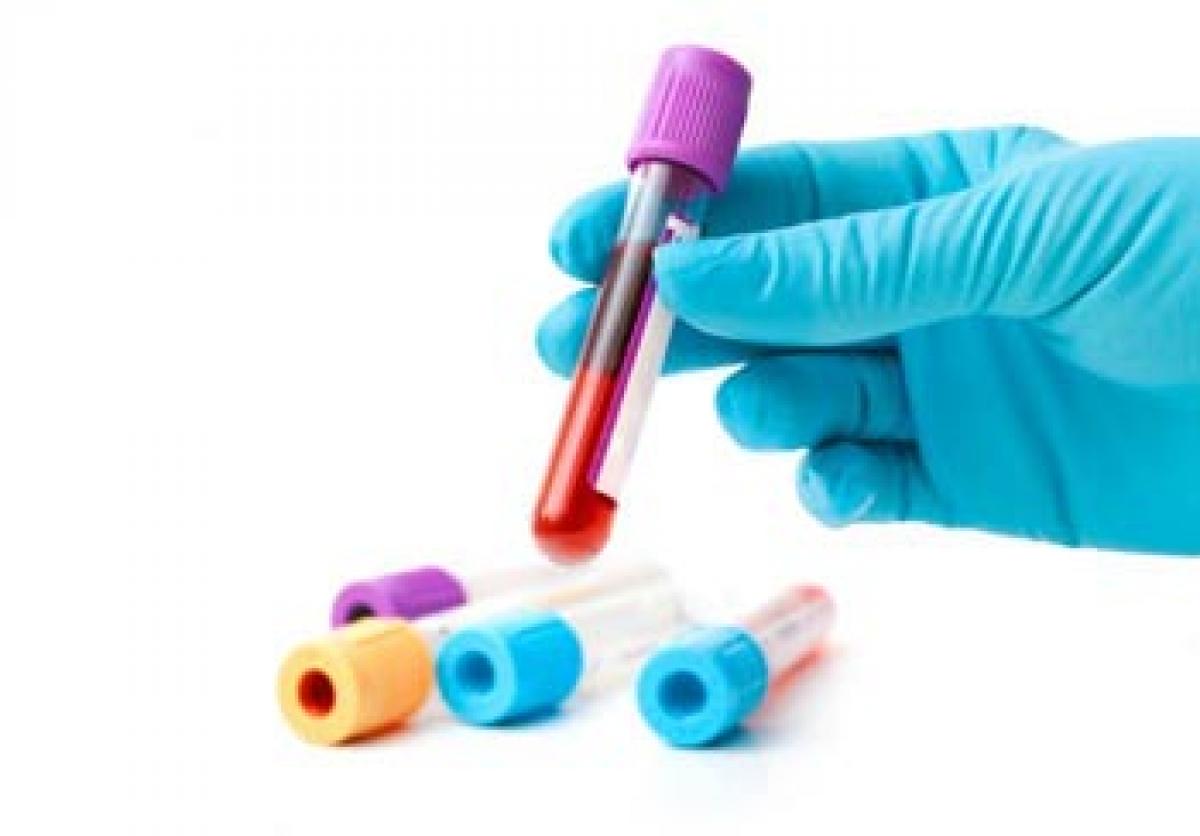Live
- AP CM Chandrababu Naidu Unveils Vision for Andhra Pradesh amidst Financial Challenges
- VVS Laxman lauds fans for massive support on foreign tours
- Bengal lottery scam: Huge amount of cash traced, ED brings currency counting machine
- Raj Thackeray releases MNS election Manifesto with a ‘key’ to implementing it
- Gold prices likely to further come down with no near-term positive triggers
- Tough decision, but it's the right one: Southee on Test retirement
- After caste census, Dalits, tribals, poor will recognise their true strength: Rahul Gandhi
- Who was Birsa Munda, whose 'Ulgulan' declared the end of British rule in Jharkhand?
- Logistic firm Delhivery’s profit tanks over 80 pc in April-Sep period
- Five selected as Indian Rhodes Scholars for 2025





 A simple blood test can indicate your likelihood of suffering from rheumatoid arthritis (RA) even 16 years before the condition takes effect, researchers from University of Oxford have revealed.
A simple blood test can indicate your likelihood of suffering from rheumatoid arthritis (RA) even 16 years before the condition takes effect, researchers from University of Oxford have revealed.



